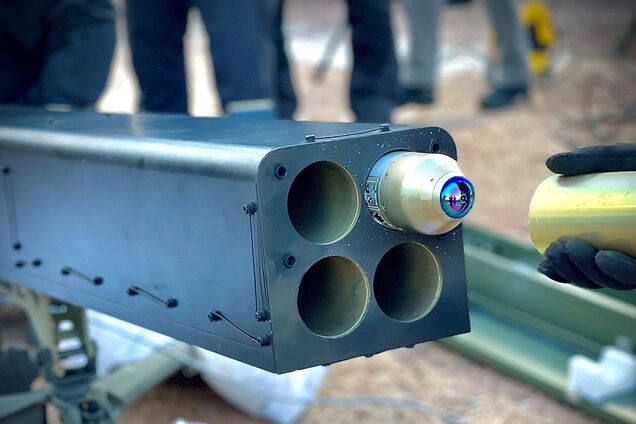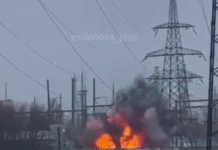Germany finances delivery of FZ275 LGR and conversion of Mi-8 for 70mm missiles
Germany has allocated funding for the purchase of approximately 3000 managed and 30000 unmanageable 70 mm rockets FZ275 LGR production Thales Belgium.
According to available information, the funds were also used to re-equip about 10 Mi-8 helicopters for launchers for 70-mm missiles instead of the standard 80-mm launchers.
«Procurement of FZ275 LGR and re-equipment of Mi-8 will significantly increase the accuracy and combat flexibility of attack helicopter units» - a comment from defence analysts.
What is the FZ275 LGR and how do they differ
FZ275 LGR (Thales Belgium) - is a family of 70mm rocket launchers that includes managed options (LGR - Laser Guided Rocket) and unruly modifications.
Guided missiles provide higher accuracy of target destruction, reducing the risk of collateral damage and the need for massive volleys.
Unguided 70mm rockets are effective against group targets, fortifications and vehicles in open terrain.
Mi-8 conversion: what has changed
According to the report, about 10 Mi-8 aircraft has been converted for use by launchers for 70-mm missiles. Instead of the standard 80 mm chambers (for other types of ammunition), blocks compatible with FZ275 were installed.
The benefits of such a conversion:
The ability to carry more ammunition with higher accuracy.
Rapid integration of guided missiles to hit priority targets.
Increasing the versatility of helicopter strike forces in various tactical tasks.
Military and operational implications
Improved stroke accuracy. Guided FZ275s reduce the need for large volleys and allow for targeted engagement of high-value targets.
Faster mobilisation of strike capabilities. The converted Mi-8s can operate in support of reconnaissance and ground units.
Logistics and training. Training of pilots and maintenance personnel is required, as well as the establishment of supply and maintenance chains.
Tactical limitations. Although the Mi-8 is versatile, it is not equivalent to modern attack helicopters in terms of security; its use in active air defence zones requires additional security measures.




